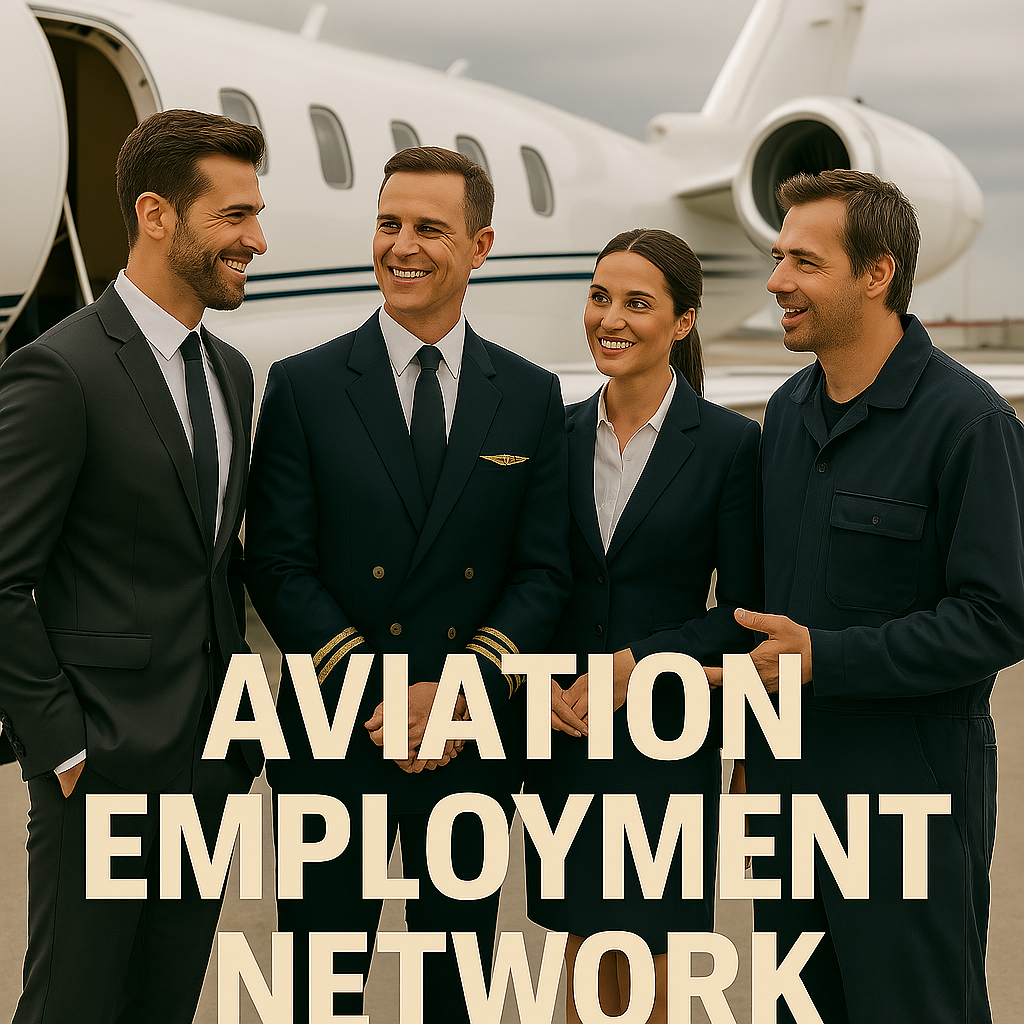Understanding Private Plane Flights: A Comprehensive Research
Private plane flights, sometimes called basic aviation, symbolize a major segment of the aviation business, offering flexible, environment friendly, and personalised travel choices for people and businesses alike. This study goals to explore the varied aspects of private plane flights, together with their benefits, operational dynamics, regulatory surroundings, market trends, and future prospects.
1. Introduction to Private Plane Flights
Private plane flights encompass a spread of aviation companies that enable individuals and organizations to charter or own aircraft for private or enterprise use. In contrast to industrial airlines, which operate on mounted schedules and routes, private flights provide the flexibility to journey to 1000’s of airports worldwide, often closer to the ultimate destination. This comfort is particularly interesting to excessive-internet-price individuals, corporate executives, and authorities officials who require time-environment friendly journey options.
2. Benefits of Private Plane Flights
2.1 Time Effectivity
One of the most important advantages of private aviation is the time savings it affords. Private flights can drastically reduce journey time by permitting passengers to avoid long safety traces, verify-in processes, and layovers related to industrial airways. Travelers can arrive on the airport just minutes before departure and often fly directly to their destination, bypassing congested hubs.
2.2 Flexibility and Accessibility
Private planes provide unparalleled flexibility in scheduling. Flights could be organized at a moment’s discover, accommodating final-minute modifications in travel plans. Moreover, private aviation allows access to hundreds of smaller airports that commercial airlines do not service, permitting passengers to land nearer to their ultimate locations.
2.Three Privateness and Consolation
Private flights offer a degree of privacy that is unattainable on commercial airlines. Passengers can conduct enterprise meetings, relax, or spend high quality time with household without the distractions typically found in public spaces. Moreover, the onboard experience may be tailored to particular person preferences, including catering, entertainment, and cabin configurations.
2.4 Security and Security
In mild of current world events, security and security have change into paramount concerns for travelers. Private aviation companies usually implement rigorous safety protocols, including thorough aircraft upkeep, skilled crew training, and stringent safety measures. The flexibility to regulate the environment and limit exposure to large crowds additional enhances the safety of private flights.
3. Operational Dynamics of Private Aviation
The private aviation trade operates by way of varied models, including ownership, fractional possession, and charter services.
3.1 Aircraft Possession
Individuals or firms can buy an aircraft outright, providing full control over its use. This mannequin is suitable for frequent travelers who require constant entry to a particular aircraft. Nevertheless, ownership comes with significant prices, together with upkeep, insurance coverage, and operational expenses.
3.2 Fractional Possession
Fractional ownership permits a number of individuals or entities to share the costs and utilization of an aircraft. Companies like NetJets and Flexjet offer programs where owners purchase a share of an aircraft, granting them entry to a certain variety of flight hours per 12 months. This mannequin reduces the monetary burden of full possession while still offering the advantages of private aviation.
3.Three Charter Providers
Charter providers provide a versatile choice for those who do not fly continuously enough to justify ownership. Clients can rent an aircraft for a specific trip with out the lengthy-time period dedication. Charter firms function a fleet of aircraft, providing entry to various varieties of planes relying on the journey wants.
4. Regulatory Environment
The private aviation trade is subject to a complex regulatory framework that varies by nation. Within the United States, the Federal Aviation Administration (FAA) oversees private aviation operations, guaranteeing compliance with safety requirements and laws. Other international locations have their regulatory our bodies, which can impose different requirements for private flights, together with licensing, maintenance, and operational protocols.
Compliance with these rules is crucial for sustaining security and operational integrity. Moreover, international travel could contain customs and immigration concerns, requiring proper documentation and adherence to the legal guidelines of the destination nation.
5. Market Trends
The private aviation market has experienced significant development over the past decade, driven by rising demand for customized travel solutions. A number of developments are shaping the way forward for private plane flights:
5.1 Technological Developments
Improvements in aviation technology, reminiscent of improved navigation programs, gasoline effectivity, and advanced safety options, are enhancing the performance and attraction of private aircraft. Furthermore, the rise of digital platforms for booking and managing flights is streamlining the customer experience.
5.2 Sustainability Initiatives
As environmental concerns gain prominence, the private aviation trade is exploring sustainable practices. This contains investing in more fuel-efficient aircraft, exploring different fuels, and collaborating in carbon offset programs. Companies are more and more aware of their environmental influence and are taking steps to mitigate it.
5.Three Altering Demographics
The demographic profile of private aviation users is evolving. While traditionally dominated by high-internet-price individuals, youthful entrepreneurs and business leaders are increasingly turning to private flights for their journey needs. This shift is prompting the trade to adapt its companies and advertising strategies to cater to a extra various clientele.
6. Future Prospects
The future of private plane flights seems promising, with continued growth anticipated in the coming years. Elements reminiscent of rising globalization, a rise in remote work, and the want for personalized journey experiences are expected to gasoline demand. Nevertheless, challenges reminiscent of regulatory hurdles, environmental considerations, and financial fluctuations may impact the industry.
In conclusion, private plane flights supply a novel blend of comfort, flexibility, and luxury that appeals to a wide range of travelers. Because the trade continues to evolve, it’s poised to play an increasingly important position in the global aviation landscape, adapting to the wants and preferences of a various clientele whereas addressing challenges and alternatives that lie forward. The way forward for private aviation is bright, marked by innovation and a commitment to enhancing the journey experience for all who select this mode of transport.


